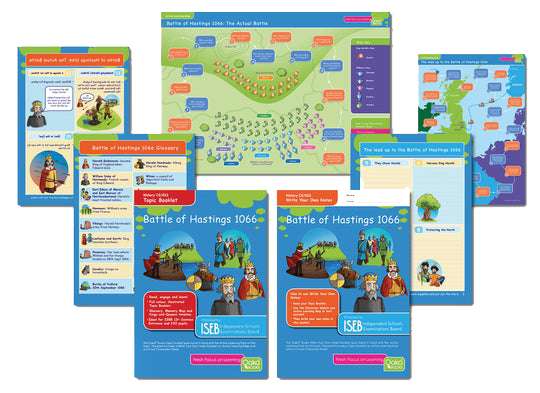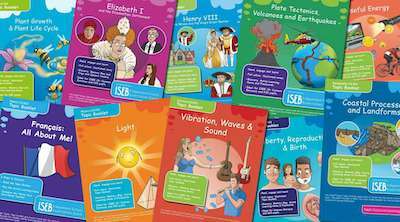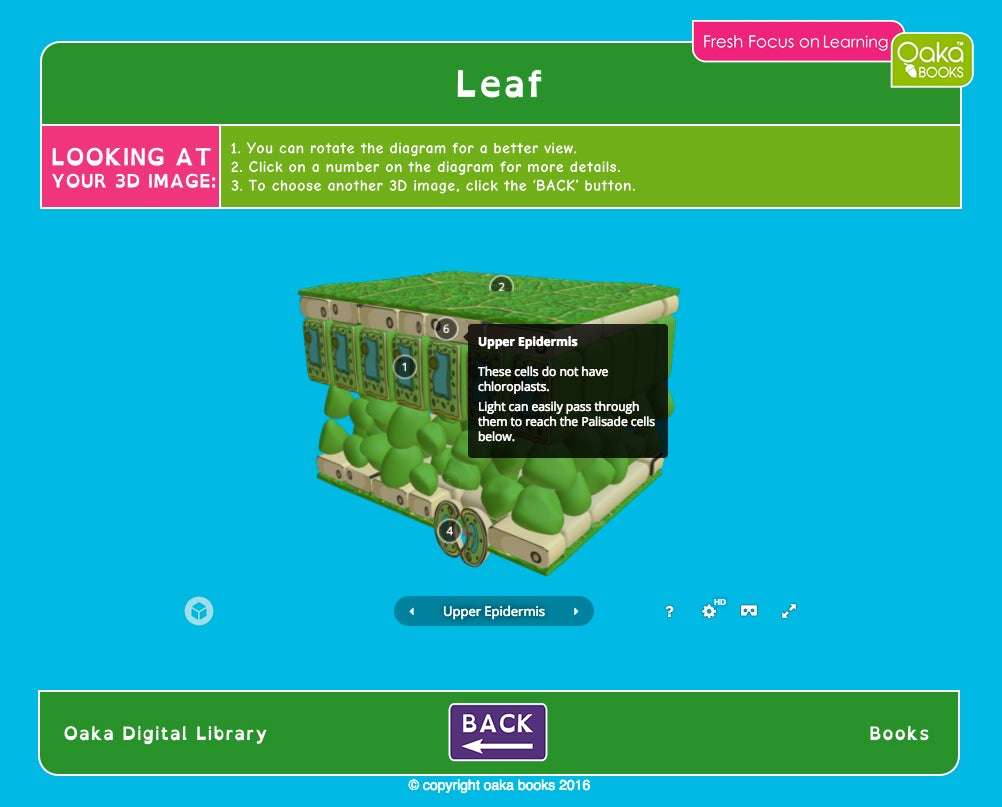The teenage (or any childhood age) attention span is short. When pupils finally go back to school next week, helping them stay focused will be essential to helping them get back on track. Without doubt, many pupils will have benefited hugely from time away from school; some will go back academically way ahead, some will have gained life experiences that will they would never have gained at school. Catching up with their friends and family will be a priority, of course, and school is about much more than just the classroom. But, for many, getting back into the swing of academic study in the school environment will be tough. However, you can make some simple changes right now that will make the return to school much easier for them.
Everyone struggles staying focused from time to time. When you are a student, it is really important to maintain concentration as much as possible, both in lessons and during revision hours outside of school. Getting children into the habit of working hard at school so they can have more free time is a fabulous goal! If you have Special Educational Needs, staying focused can be even harder.
But, whilst it can feel as though good levels of concentration either come naturally to us, or they don’t, there are actually many ways in which you can improve your own and your child’s focus. These ideas can be implemented to help the whole family as life starts to slowly return to normal.
Living a Healthy Lifestyle
Living a healthy lifestyle is always important, for both your physical and mental
health. Your lifestyle also has a huge role to play in levels of concentration. Your concentration, in turn, has a huge role to play in your productivity.
Sleep cycle: getting the right amount of sleep is crucial to your
concentration and productivity. If you are sleep deprived, your attention
spam will be deficient, and alertness lowered, and therefore you will not be
able to apply the right amount of focus to the tasks you are trying to
perform. If you are trying to learn, you will not absorb as much information.
Diet: quite simply, your brain needs fuel. If you do not eat, you will become fatigued, distracted, and forgetful. But it is additionally important that you eat the right kinds of food, and provide your body with the proper nutrients it needs to
maintain energy. There are certain foods that have been scientifically proven
to strengthen both memory and focus.
These are just some of the foods that should be consumed regularly in order to aid concentration:
Water – It is fairly well known that drinking water and brain function are
intrinsically linked. But did you know that when you provide your body with
the sufficient amount of water, you are able to think faster by 14%. And
that’s not all – drinking plenty of water also improves creativity and helps
you stay focused for longer. On average, men should drink around 3.7 litres
of water a day, and women should drink around 2.7 litres of water a day –
although this does vary with factors such as age and activity levels. Just make
sure you drink plenty of water throughout your day!
Blueberries: this “superfood” is rich in antioxidants, vitamin C, vitamin E,
and flavonoids. Studies show that blueberries can boost concentration and
memory for up to five hours. this is because the antioxidants stimulate the flow of blood and oxygen to your brain, and keep the mind fresh.
Avocados: an avocado a day has been shown to improve focus. Avocados
have a naturally occurring pigment called lutein, which is associated with
many cognitive benefits.
Fatty fish (like salmon), dark chocolate, coffee, broccoli, eggs, and nuts are all understood to help your brain function at its best.
Exercise: one of the easiest and most effective ways to reduce
hyperactivity and improve concentration, particularly if you have ADHD. It is no surprise really that the School Mile (run in many primary schools pre-Covid19) had such a positive affect on behaviour in the classroom.
Physical activity immediately boosts the brain’s dopamine, norepinephrine, and serotonin levels – all of which affect your attention and focus. Research suggests that just 20 minutes of exercise can improve concentration and help you focus on your learning. This is because physical activity causes blood to flow to the brain, which then fires up your neurones and promotes cell growth, particularly the hippocampus, which is critical for learning. Some forms of exercise are more effective than others for this result – start off with either power walking, (which is linked with a sharper engagement to your surroundings), or some simple yoga poses, (which are said to help discipline and focus your mind).
Create a routine.
Creating and following a daily routine can really help reduce anxiety and stress,
which in turn allows you and your children to better focus on the task at hand.
Having a routine is also great for blocking out both internal and external distractions, as you become familiar with having certain hours focused to learning. The term “deep work” was devised by Cal Newport in his book, Deep Work: Rules for Focused Success in a Distracted World. Newport define ‘deep work’ as ‘professional activities performed in a state of distraction-free concentration that pushes your cognitive capabilities to their limit’. So, in other words, in order for your brain to work to the best of its ability, you need to practise regular bouts of intense and uninterrupted concentration. Practising ‘deep work’ becomes easy when you make a routine of it. Using Q&A cards for topics at school is a great way to ensure total concentration and information retrieval practise in a fun way.
Minimize screen time.
Put your phone on airplane mode, or ‘do not disturb’, to control distracting
notifications coming in. Turn off the television, and be sure to get rid of any
game’s consoles during revision time. Screen time can be accessed as a reward, but must not coincide with your revision if you want to reduce distractions and maximise productivity. Additionally, an overindulgence of screen time can overwhelm and over stimulate a child’s nervous system, making it nearly impossible for them to focus on anything else.
Reduce stress-levels.
Stress is one of the worst things for hindering concentration. It is highly likely that the imminent return to school will be raising stress levels in many homes right now. A common sign of stress is a lack of concentration – so the two really go hand in hand. In order to reduce stress levels, and make them more manageable, try some breathing exercises and/or meditation. Meditation is a great way to empty your mind of distractions – so doing a little bit of meditation before sitting down for a lesson or putting your head down to revise will help declutter your mind, and allow you to better focus on your work.
Similarly, certain breathing exercises have been proved to improve focus, and they are easy to practise.
This one is particularly effective and can be easily taught to our children:
Breathe in through your nose for a count of four.
Hold that breath for a count of seven.
Blow out, through your mouth, for a slow count of eight. Put your tongue
behind your bottom teeth and make a whooshing sound as you exhale, if
possible.
Think of the end result.
One thing that always helps me to concentrate is thinking of the end result. It
sounds simple, but considering how rewarded you will feel once you have
completed a task is sometimes the best motivator to just get on and get it done.
Maintaining concentration can be one of the most frustrating factors of education.
At Oaka Books, we understand this struggle better than anyone, which is why our learning materials are designed to be engaging for even the most distracted student. However, if you still find it hard keeping that focus throughout, try any of the above tips, and you might just find that you can finally combat your concentration challenges.





